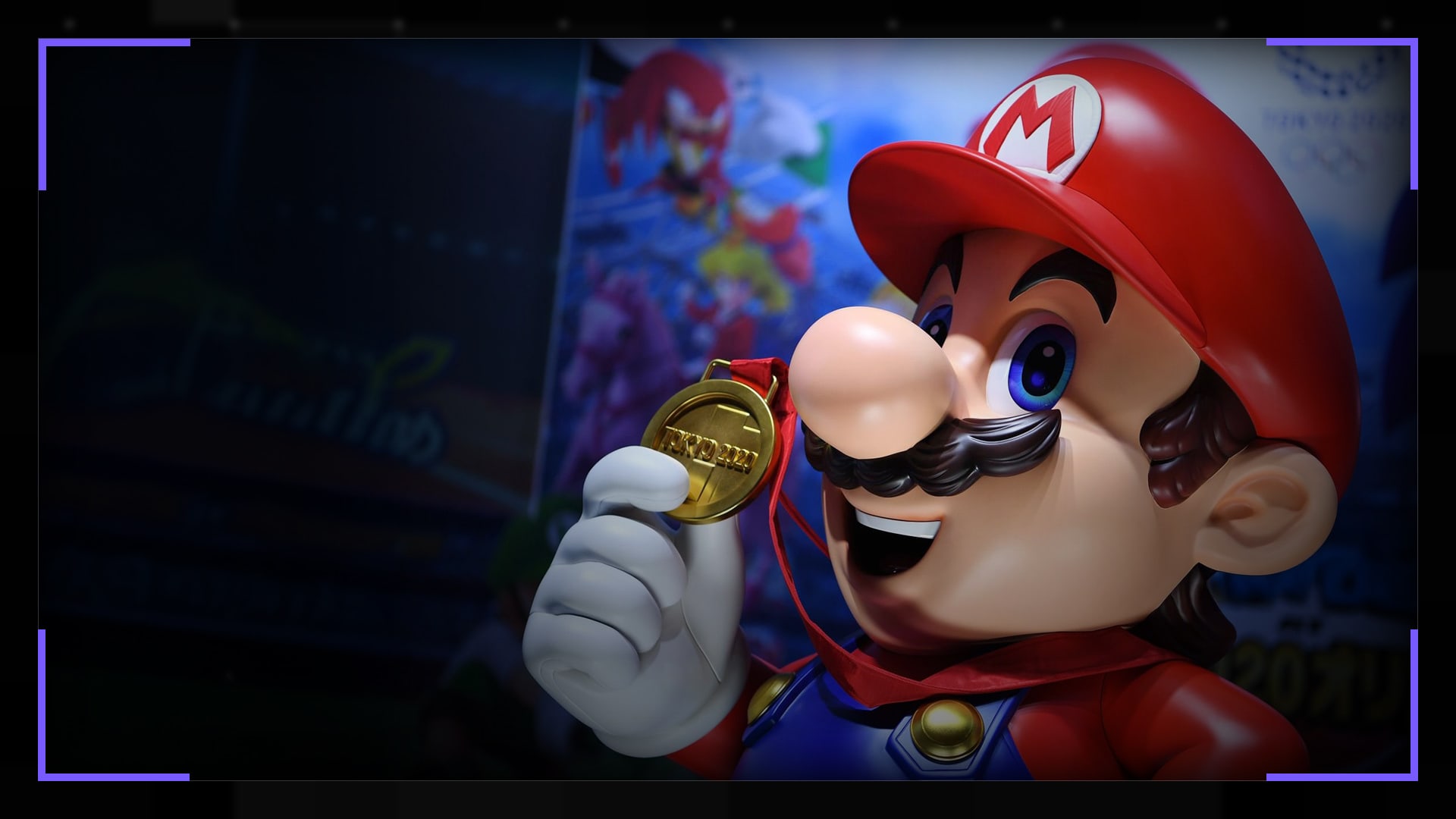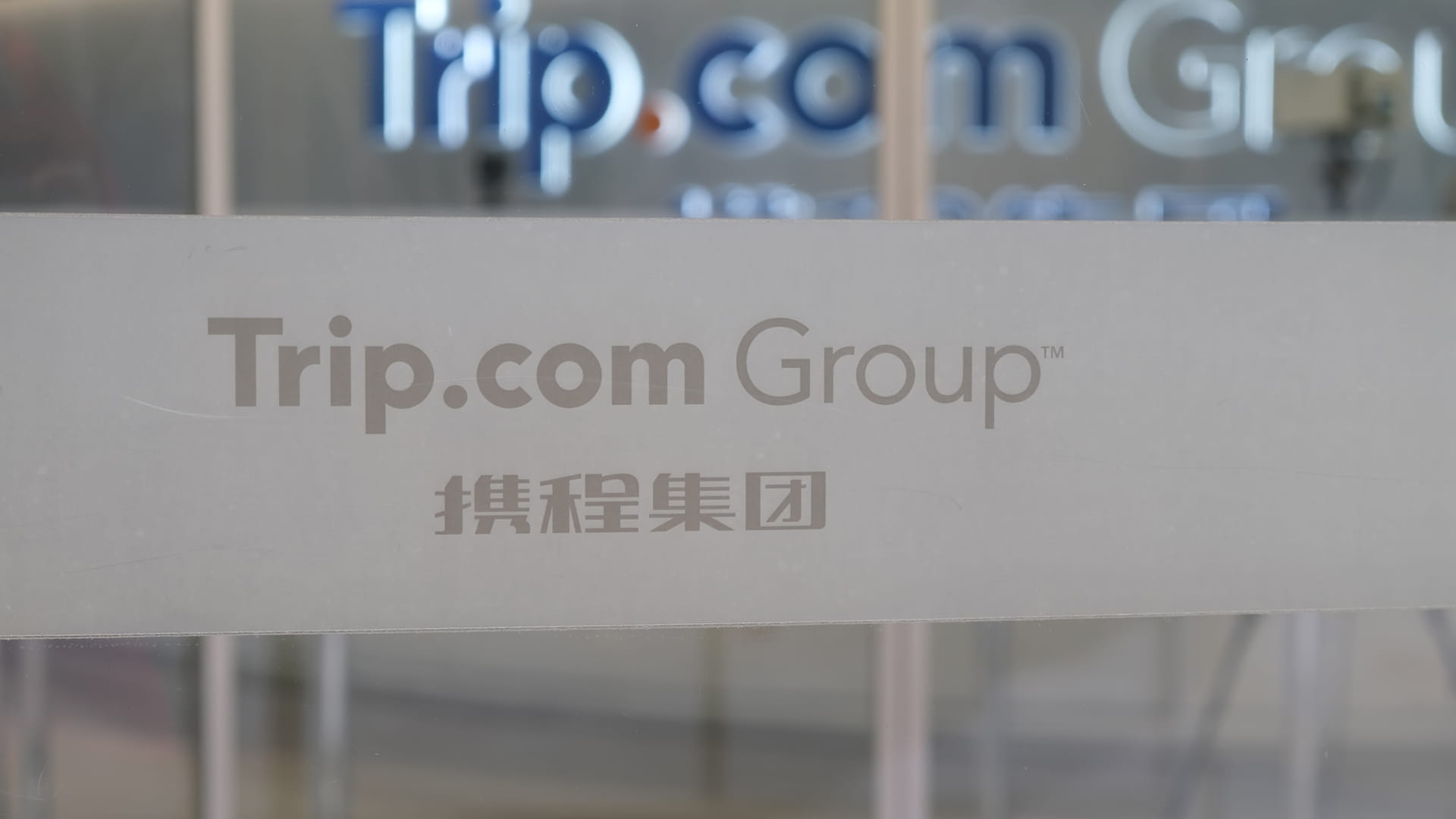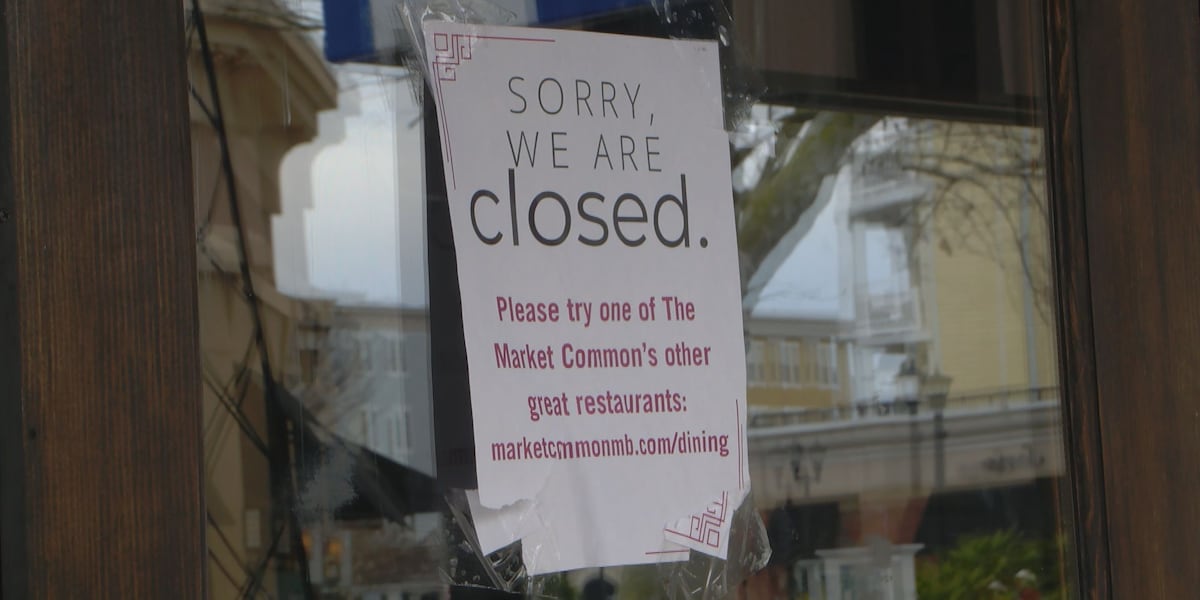When Michael Kliger took on the task of integrating Net-a-Porter and Mr Porter into a new group structure under LuxExperience, he knew the scale of the challenge.
“It was open-heart surgery,” said Kliger, who previously held the role of Vice President International at eBay before joining Mytheresa as CEO in 2015, at a recent Luxury 2050 Forum C-Suite Talk.
LuxExperience was established in 2025 when German luxury e-commerce site Mytheresa acquired Net-a-Porter, Mr Porter, Yoox, and The Outnet. The deal created one of Europe’s largest multi-brand luxury e-commerce players but also left Kliger with the daunting task of stitching together businesses with very different legacies, infrastructures, and cultures.
The consolidation followed a turbulent period for luxury e-commerce over the past decade. While online luxury retail continued to thrive in Asia and the US, with Tmall’s Luxury Pavilion becoming an indispensable gateway to Chinese consumers, eBay building a solid position in resale, and even Amazon steadily testing the waters, in Europe, many pioneers faltered. European luxury brands were reluctant to back platforms, preferring to direct customers to their boutiques. Experiments such as LVMH’s 24S and Richemont’s ownership of Yoox Net-a-Porter ultimately faltered.
The past few years have only sharpened these challenges. A recessionary climate has hit consumer spending, just as brands grapple with the promises and pitfalls of generative AI. The metaverse, once hailed as the next frontier, has struggled to live up to its early hype. At the same time, sustainability pressures are mounting, forcing leaders to rethink business models, supply chains, and customer engagement.
According to Kliger, survival comes down to one thing. “Eighty percent of success or failure is done on execution, not on strategy,” he said. In a sector where rivals lost their way, LuxExperience has shown that resilience depends not on grand visions, but on relentless delivery. That discipline is reflected in the numbers: Mytheresa has grown net sales by 8%, with an adjusted EBITDA margin of 4.3% in the first three quarters of fiscal year 2025.








